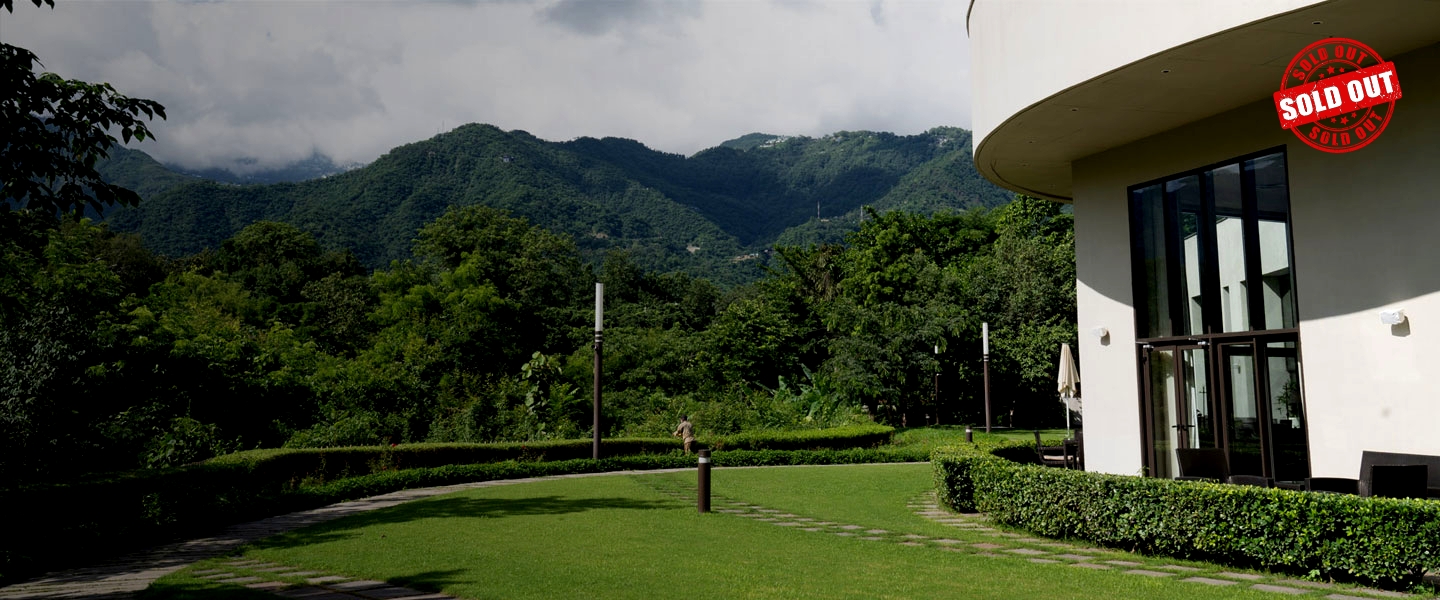How Long Does Addiction Recovery Take?
Recovery from addiction is a deeply personal journey that varies significantly from one individual to another. It is not a process with a fixed timeline but rather a series of stages that address physical, emotional, and psychological healing. This blog explores the factors influencing the recovery timeline, the stages of recovery, and the importance of seeking professional help, such as from the best nasha mukti kendra in Gurgaon, to ensure sustained success.
Understanding Addiction Recovery
Addiction recovery involves more than just quitting substance use. It requires addressing the underlying causes of addiction, repairing relationships, and adopting new habits for a healthy lifestyle. Recovery is an ongoing process, often described as a lifelong commitment to sobriety.
The timeline for recovery depends on factors like the type of substance used, the duration and severity of the addiction, and the individual’s overall health. For some, recovery may take months, while for others, it could span several years.
Factors Influencing Recovery Duration
Several factors impact how long it takes to recover from addiction:
- Type of Substance: Substances like alcohol, opioids, and methamphetamine affect the body differently, influencing the recovery timeline.
- Length of Addiction: The longer the addiction, the more entrenched it becomes, often requiring extended recovery periods.
- Health Status: Pre-existing physical or mental health conditions can complicate and prolong recovery.
- Support System: A strong network of family, friends, and professionals accelerates the process.
- Treatment Approach: Comprehensive programs at facilities like the best nasha mukti kendra in Gurgaon can significantly impact recovery outcomes.
The Stages of Addiction Recovery
Addiction recovery generally progresses through several stages, each with its own timeline.
1. Detoxification
Detox is the first step in recovery, focusing on removing the substance from the body. This stage lasts from a few days to a few weeks, depending on the substance and the individual’s health. It can involve withdrawal symptoms, which are best managed under medical supervision at a reputable facility.
2. Rehabilitation
Rehabilitation involves addressing the psychological and behavioral aspects of addiction. This phase typically lasts from one to three months in an inpatient program, though outpatient programs may extend the timeline. During this stage, individuals learn coping mechanisms, relapse prevention strategies, and how to rebuild their lives.
3. Early Recovery
The early recovery stage, lasting six months to a year, is when individuals reintegrate into daily life while maintaining sobriety. This stage requires strong commitment and support, as the risk of relapse is higher. Centers like the best nasha mukti kendra in Gurgaon often provide aftercare programs to support individuals during this critical phase.
4. Long-Term Recovery
Long-term recovery focuses on sustaining sobriety and continuing personal growth. This phase can last for years and involves ongoing therapy, support group participation, and the development of a fulfilling lifestyle.
Why Professional Help Matters
While some may attempt to recover independently, professional help greatly enhances the chances of success. Rehabilitation centers, such as the best nasha mukti kendra in Gurgaon, offer structured programs tailored to individual needs. These programs include:
- Medical Supervision: Ensuring safety during detox and managing withdrawal symptoms.
- Therapy Sessions: Addressing psychological factors contributing to addiction.
- Skill Development: Equipping individuals with tools to handle triggers and stress.
- Aftercare Support: Providing continued guidance to maintain long-term sobriety.
The Role of Family and Support Systems
Family and friends play a crucial role in recovery. A supportive environment helps individuals stay motivated and focused on their goals. Family therapy sessions can help repair relationships and create a network of understanding and encouragement.
Many rehabilitation centers, including the best nasha mukti kendra in Gurgaon, involve families in the recovery process to foster a holistic healing environment.
Patience and Persistence
One of the most important aspects of recovery is recognizing that it takes time. Progress may be slow, and setbacks are common. However, with persistence and the right support, long-term recovery is achievable. Celebrating small milestones along the way can help maintain motivation and focus.
Building a New Life Post-Recovery
The ultimate goal of addiction recovery is to build a fulfilling, substance-free life. This involves:
- Pursuing personal and professional goals.
- Developing healthy habits, such as regular exercise and balanced nutrition.
- Engaging in hobbies and activities that bring joy and purpose.
Recovery is an opportunity for transformation, allowing individuals to rediscover their potential and live a more meaningful life.
Conclusion
Addiction recovery is not a one-size-fits-all process. It requires time, effort, and a personalized approach to address the unique challenges of each individual. While the timeline may vary, professional support from the rehabilitation centre in gurgaon can significantly improve outcomes. With the right resources, a strong support network, and unwavering determination, individuals can achieve lasting recovery and build a brighter future.












Post Comment